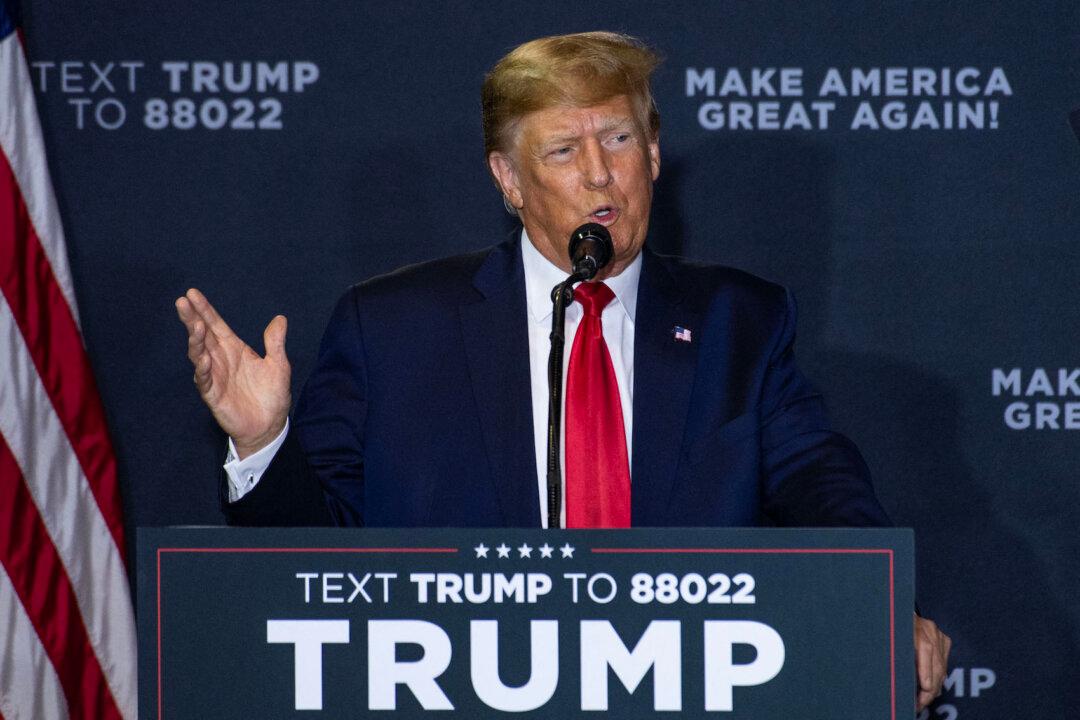Former President Donald Trump is likely to become the next U.S. president, according to Scottish-American historian Niall Ferguson.
“A second Trump act is not just possible. It’s fast becoming my base case,” Ferguson, a senior fellow at Stanford University’s Hoover Institute, wrote in a May 13 op-ed for The Spectator.





